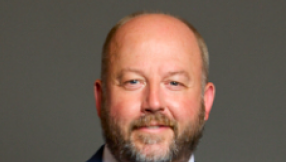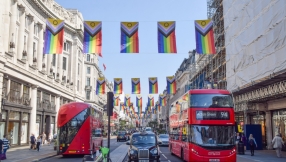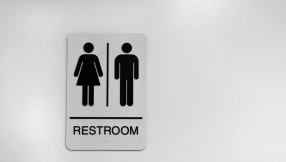Most American Muslims report feeling unwelcome in US society, are dissatisfied with the direction of the country and are worried about Donald Trump. However, nine in 10 are proud to be American, still believe in the 'American Dream' and have seen a dramatic shift in their acceptance of homosexuality.
The findings come from a comprehensive 2017 survey undertaken by Pew Research Centre, published on Wednesday.
Most Muslims (75 per cent) say there is a lot of discrimination against Muslims in the US, and 62 per cent feel that other Americans don't see Muslims as part of mainstream society.
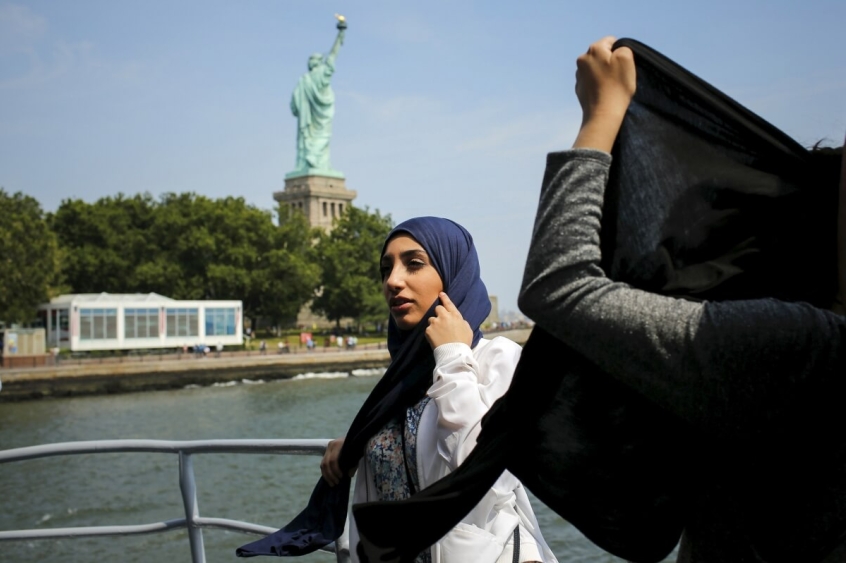
Nearly seven in 10 (68 per cent) were 'worried' about Donald Trump, whose presidency has made frequent headlines with its controversial 'Muslim-ban' immigration policy. Three-quarters (74 per cent) would say the president is unfriendly towards Muslims.
In 2011 under the Obama presidency, most Muslims (56 per cent) were satisfied with the direction of the country, a figure which plummeted to 29 per cent in 2017, with most (64 per cent) saying they were dissatisfied with the nation's direction.
As many as half say discrimination has worsened in recent years, and 48 per cent report an experience of discrimination in the past year. But alongside this, others report more positive experiences. More than half (55 per cent) feel that Americans in general are friendly towards Muslims, while 49 per cent say someone has shown support to them because of their religion.
Overall, an overwhelming majority of Muslims (92 per cent) say they are 'proud to be American'; just six per cent disagreed. And most (70 per cent) back the principle of the American Dream: that if you work hard in the US then you can 'get ahead'.
Pew's survey was conducted from January 23 to May 2, 2017. The extensive study also covers US Muslim attitudes to extremism and the threat of Islamist terror at home and across the world, as well as developing social perceptions of their own faith – including attitudes to sexuality.
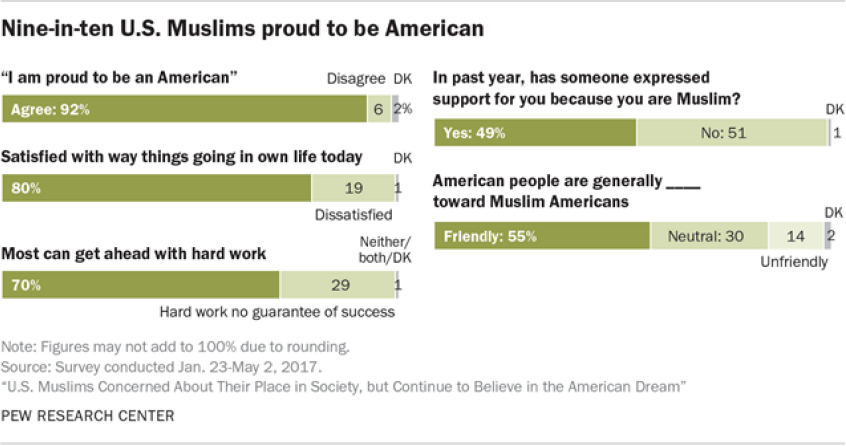
For example, US Muslims have in recent years become far more accepting of homosexuality. In 2007, most Muslims said homosexuality should be discouraged by society (61 per cent) and just 27 per cent said it should be accepted. In 2017, most Muslims (52 per cent) said it should be accepted, and a minority (33 per cent) said it should be discouraged. Muslims also lean politically to the left – two thirds identify as Democrats or lean in that direction, while only 13 per cent identify with or lean toward the GOP. When asked how they voted in the 2016 election, 78 per cent said they backed Clinton and just eight per cent supported Trump.
On the question of extremism, more US Muslims were 'very concerned' about extremism in the name of Islam around the world (66 per cent), than the general public (49 per cent). Compared with the general public, Muslims are more likely to say that targeting/killing civilians for a particular cause is never justified (76 per cent versus 59 per cent).
US Christians and Muslims share similar levels of religious commitment: 68 per cent of Christians and 65 per cent of Muslims said religion was 'very important' to their lives.
The full survey can be read here.











